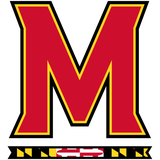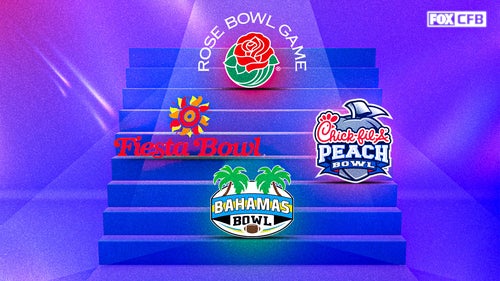
Maryland removes segregationist school president's name from stadium

Following the recommendation of university president Wallace D. Loh, the Maryland board of regents voted Friday to change the name of Byrd Stadium, the home of the Terrapins' football team.
The new name -- effective immediately -- is Maryland Stadium.
In a statement accompanying the announcement of the 12-5 vote by the board, Loh said, "Continuing the Byrd Stadium name divides us at a time when we need unity more than ever. We must accept the full truth of our past and the possibilities of our future."
So who was Dr. Harry Clifton "Curley" Byrd?
According to a report published by the school, he was a Maryland student who played multiple sports and served as the captain of the football team in 1907 before graduating a year later.
He later served as football coach and director of athletics before eventually rising to university president in 1935.
But according to a report published by the university, Byrd also opposed desegregating the Maryland main campus, officially concluding:
During Byrd's presidency (which lasted until 1954), the school more than quadrupled in size (to 16,000 students) and built a new football stadium.
President Harry C. “Curley” Byrd did not openly defy the courts in order to maintain segregation. Neither did he provide leadership to facilitate the experience of attending the University of Maryland, College Park for Negro students. The record clearly demonstrates that until forced to integrate, he worked assiduously to maintain segregation at the University of Maryland, exploiting racial anxieties and animosities of the Jim Crow era in support of that position.
The old football stadium had been named after Byrd in 1923, and the name was transferred to the new facility.
Loh formed a working group to study changing the name in September after students filed a petition requesting the name of the stadium be changed.
The group submitted both the report from which the above biographical information came and a list of pros and cons to changing the name.
While Byrd's name will be removed from the stadium, he will not be erased from the university's memory. The school also announced plans "to memorialize his accomplishments and full legacy" at one of the university's main libraries.




